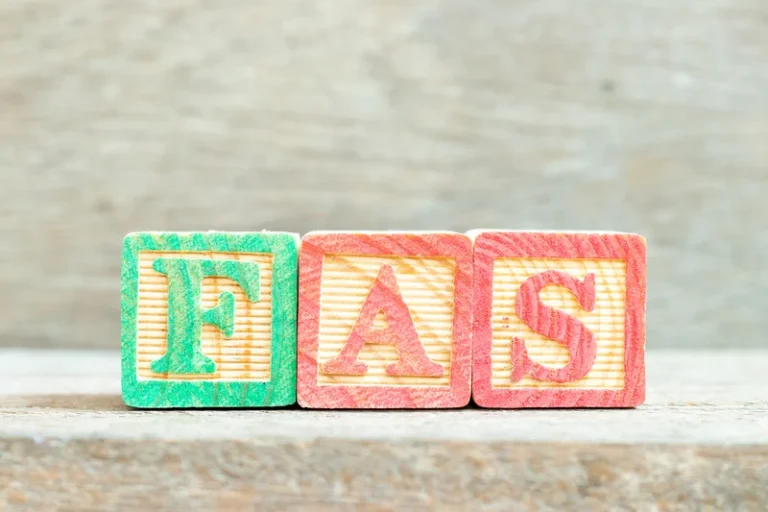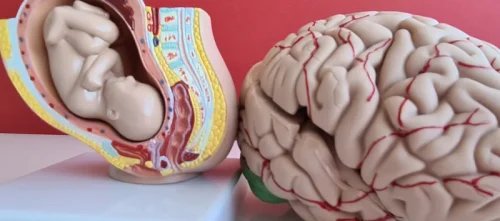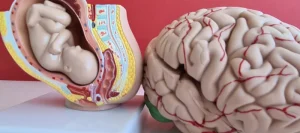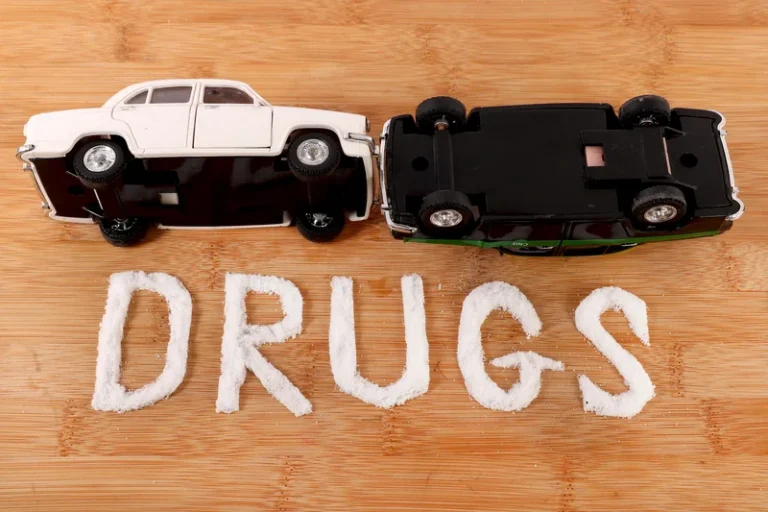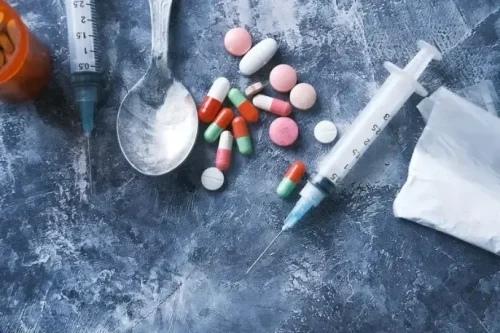
Notably, those who begin using marijuana before age 18 are four to seven times more likely to develop a use disorder compared to adults, according to the National Center for Drug Abuse Statistics. Marijuana addiction affects relationships by creating emotional distance, communication breakdowns, and trust issues what is Oxford House between individuals and their loved ones. The emotional effects of marijuana addiction lead to mood swings and irritability, making it difficult for individuals to engage positively in their relationships. Communication frequently suffers as individuals become more withdrawn or preoccupied with marijuana use, leading to misunderstandings and conflicts.

You deserve excellent care and a rewarding life in recovery.
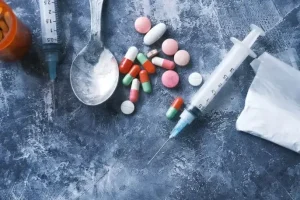
Marijuana is a psychoactive drug that contains close to 500 chemicals, including THC, a mind-altering compound that causes harmful health effects. Having IBS can be a very frustrating experience as its symptoms can be quite difficult to get under control. And although there are some prescription medications for the disorder and its symptoms, the relief from these treatments is often incomplete and unsatisfying. This unfortunate state of affairs has led people who have IBS to seek alternative remedies, one of which is the use of marijuana.

Links to NCBI Databases
Florida voters approved medical cannabis through the passage of Amendment 2 in 2016, allowing patients with qualifying conditions to obtain marijuana through state-licensed Medical Marijuana Treatment Centers (MMTCs). However, recreational use remains prohibited, with possession of up to 20 grams considered a misdemeanor punishable by up to one year in jail and a $1,000 fine. Efforts to legalize recreational marijuana continue, but as of 2024, it remains illegal for non-medical use, according to the Florida Department of Health and the Florida Statutes. Marijuana affects the brain by altering areas responsible for memory, learning, attention, decision-making, and coordination. The THC in marijuana binds to cannabinoid receptors in the brain, disrupting communication between cells.

Video: Physical Effects of Marijuana Use
- This unprecedented public health crisis warrants the investigation of novel sustainable interventions which would directly address the current opioid misuse crisis, complement current treatment strategies, and prevent future misuse through alternative first line analgesics.
- Marijuana can also be used to brew tea, and its oil-based extract can be mixed into food products.
- Withdrawal symptoms include anxiety, irritability, insomnia, appetite loss, and physical discomforts such as headaches and stomach pains.
- Other popular tools include the Severity of Dependence Scale (SDS), the Cannabis Use Disorders Identification Test-Revised (CUDIT-R), and the Marijuana Problem Checklist.
- CBD products, which have also grown in popularity among older adults, are different, as they contain only very small amounts of THC.
Marijuana is addictive, with users developing a dependence due to its effects on the brain’s reward system, leading to cravings and withdrawal symptoms when usage stops. This addiction results in cannabis use disorder, impacting daily functioning and overall is marijuana addictive mental health. CBD addiction withdrawal differs from marijuana addiction withdrawal primarily because CBD doesn’t cause addiction or withdrawal symptoms. Unlike marijuana’s THC component, which creates dependence and significant withdrawal effects, CBD is non-intoxicating and doesn’t produce withdrawal symptoms when stopped.
Additional treatment options include counseling and support groups that offer community-based support, which enhances motivation and reduces relapse risk by addressing the psychological effects of dependency. The Recovery Village aims to improve the quality of life for people struggling with a substance use or mental health disorder with fact-based content about the nature of behavioral health conditions, treatment options and their related outcomes. We publish material that is researched, cited, edited and reviewed by licensed medical professionals.
Marijuana Withdrawal
- The U.S. Food and Drug Administration (FDA) classifies marijuana as a Schedule I substance.
- This is also why driving while high on marijuana is unsafe — THC affects the cerebellum and basal ganglia, which are two parts of the brain that regulate coordination, balance, and movement.
- The emotional effects of marijuana addiction lead to mood swings and irritability, making it difficult for individuals to engage positively in their relationships.
- There is some evidence that frequent marijuana use leads to mental health problems, but the issue is complicated and not fully explained by the data.
- This suggests that the hallucinatory effects of marijuana may work differently from those of other hallucinogens.
The liquid form is often called hash oil or honey oil and looks similar to other kinds of oils. Wax is a soft solid, similar to lip balm, and shatter is an amber-colored solid. Oils are normally sold in small bottles, while wax or shatter are sometimes sold in the shape of small animals.
What is medical marijuana?
This figure is higher than the number of active tobacco smokers, which stands at around 36.5 million. It is important to consult a healthcare professional if these symptoms persist or worsen. Physical signs refer to observable changes in the body that indicate potential marijuana misuse. These signs range from mild to severe, impacting daily functioning and health. In many parts of the United States, marijuana is legal for both recreational and medical use.

